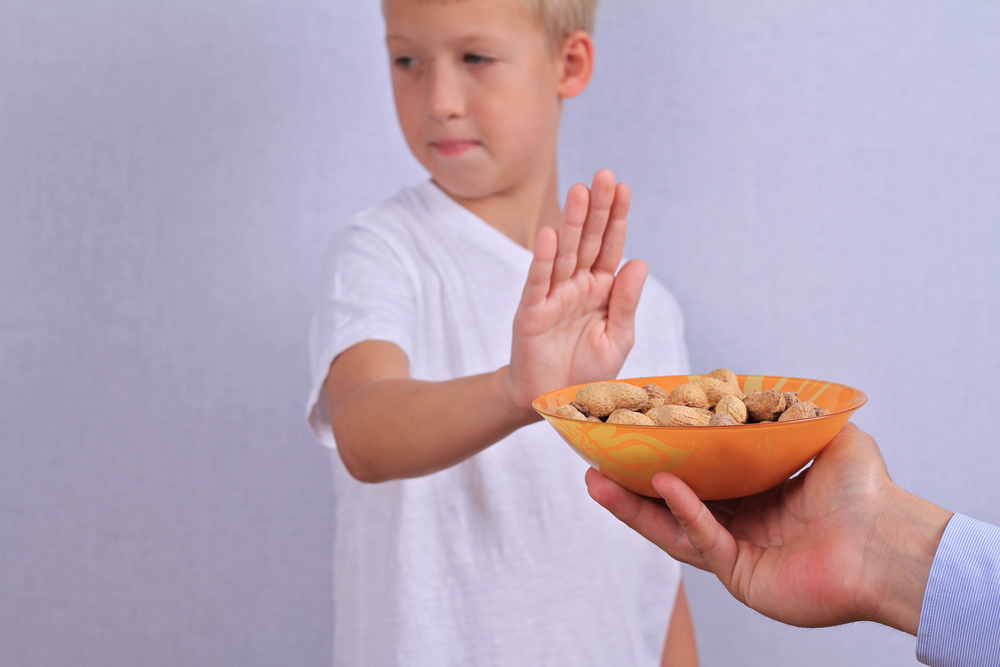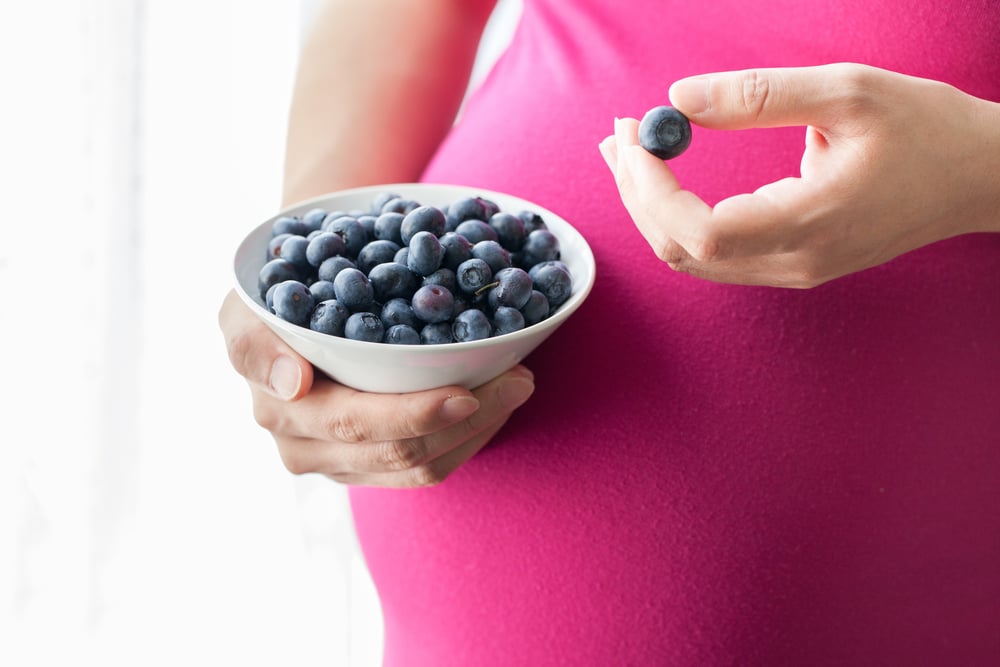1 in 13 children will experience an allergy to food. With peanut allergies on the rise in recent years, parents must be hyper-vigilant when determining whether or not their children have allergies.
What are food allergies?
Food allergies occur when the body has an exaggerated response to a certain type of food. Though the food itself isn’t toxic, a child that is allergic will experience low immunity towards a particular type of food protein. In the case of a food allergy, a parent may be able to eat certain foods that their child cannot.
Parents should be aware of the top eight common food allergens. These include milk products, milk, shellfish, fish, wheat, soy, peanuts, and walnuts.
Does my child have a food allergy?
Many parents may be over-anxious that their child may have an allergy. According to statistics, 4 – 6% of children that are five-years-old or younger will experience an allergic reaction to one food allergen. To determine the likelihood of your child having a food allergy, consider the type of allergies you have.
If either parent has a seasonal allergy, eczema, or asthma, there is a greater chance that their child will develop an allergy. If you are worried that your child may have an allergy, it’s best to consult a pediatrician before trying to introduce new foods to them.
Understanding the symptoms of food allergies
Symptoms of food allergies may differ by allergen but typically remain the same. Though some children will exhibit different symptoms, typical allergic reactions include:
- Coughing and wheezing
- Tightness of chest
- Diarrhea
- Abdominal pain
- Vomiting
- Swollen lips and tongue
- Sneezing
- Watery eyes
- Rashes or hives
- Itchy skin
If your child experiences any of the above symptoms, it is likely they’re experiencing an allergic reaction.
Diagnosing and treating food allergies
Children can be diagnosed with a food allergy by a medical professional using a food allergy test. Through this test, your child will be given small portions of food to determine their reaction to each item.
While there are several common ways to treat food allergies, the best treatment will depend on the severity of the child’s reaction. For example, children that experience anaphylactic shock need to go to the emergency room immediately. This type of allergic reaction can be fatal if it isn’t treated as soon as possible with epinephrine.
In mild cases of food allergies, children are given antihistamine. This medication may cause drowsiness and can interfere with certain daily activities. Parents that want to avoid these types of symptoms often choose homeopathy as a treatment. This method provides long term relief using natural substances to heal allergic reactions.
Parents hoping to treat their child’s food allergy should be sure to contact a doctor immediately to discuss their options with them. In addition to seeking out medical advice, parents should avoid allergens and give children foods that are high in Vitamin C.
If you’re concerned that your child has allergies, carefully monitor them when they eat. If you notice any irregularities or common symptoms of allergens, take action immediately and contact a doctor.











